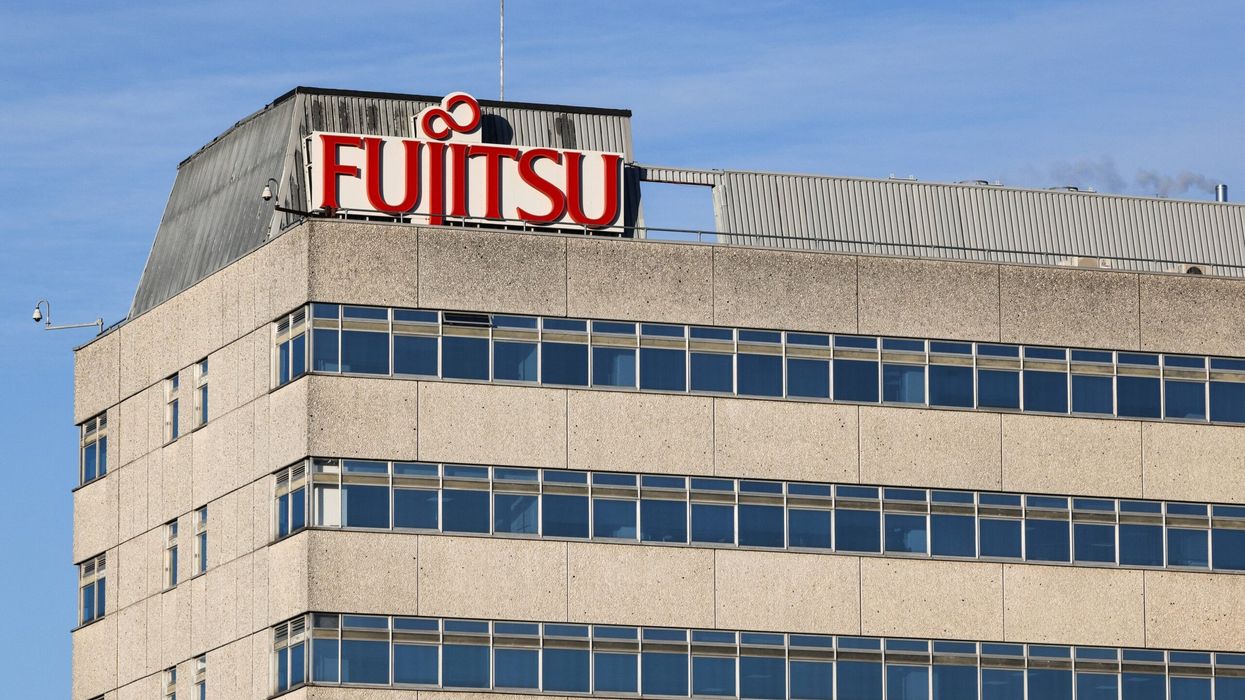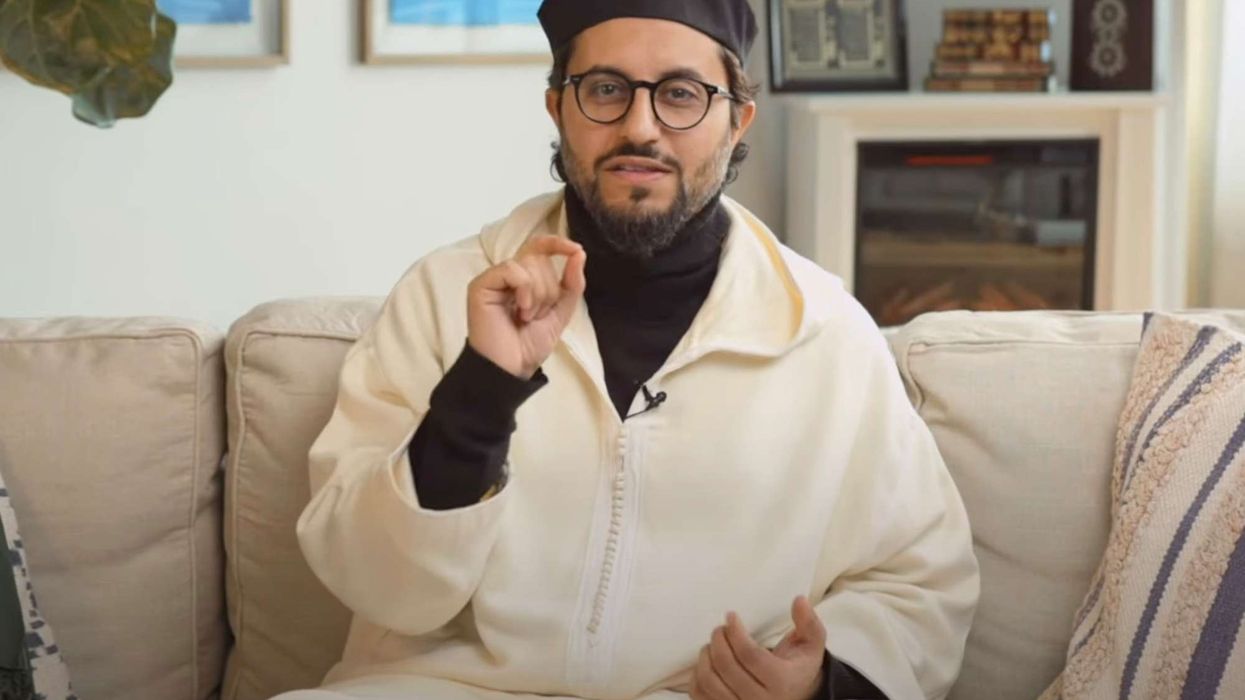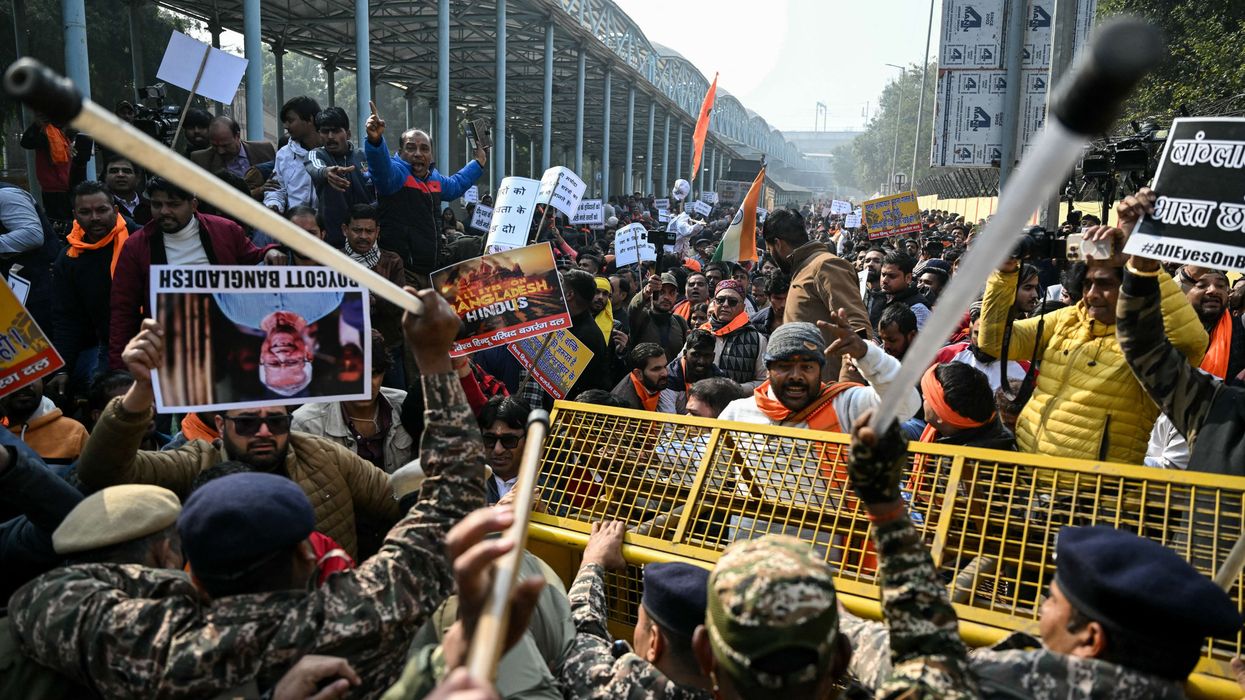THE Indian Premier League on Tuesday (18) named Indian fantasy gaming company Dream11 as its lead sponsor, replacing China's Vivo which was dumped following a deadly border clash between the countries in June.
IPL chairman Brijesh Patel said that the four-month deal for sponsoring the glitzy Twenty20 cricket tournament was worth almost $30 million.
Dream11, which beat separate bids from local online educational firms Byju's and Unacademy, was already among the IPL's minor sponsors.
Consumer electronics giant Vivo originally paid $330 million for a five-year deal up to 2022, equating to around $66m each season.
The IPL suspended thAT deal earlier this month amid growing anti-China sentiment following a border clash on June 15 in the Himalayas that killed 20 Indian soldiers.
According to a revenue-sharing agreement between the Board of Control for Cricket in India (BCCI) and IPL franchise owners, the teams earn 50 percent of the income from the central rights.
This year each of the eight franchises would get around $2 million from the title sponsor deal as opposed to $4 million they got every season since Vivo signed up.
The Indian government has already banned dozens of Chinese smartphone apps -- including the popular video-sharing platform TikTok -- and also taken other measures to restrict trade with China.
Dream11 is part-owned by China's Tencent, according to the Mumbai-based firm's website.
The Times of India daily cited the BCCI as saying that Tencent's investment in Dream11 is "negligible" and "can be resolved internally".
This year's IPL is not being held in India because of the coronavirus epidemic. It is due to start in the United Arab Emirates on September 19.
The T20 league is a huge revenue earner for BCCI and before the coronavirus pandemic was estimated to generate more than $11 billion for the Indian economy.












